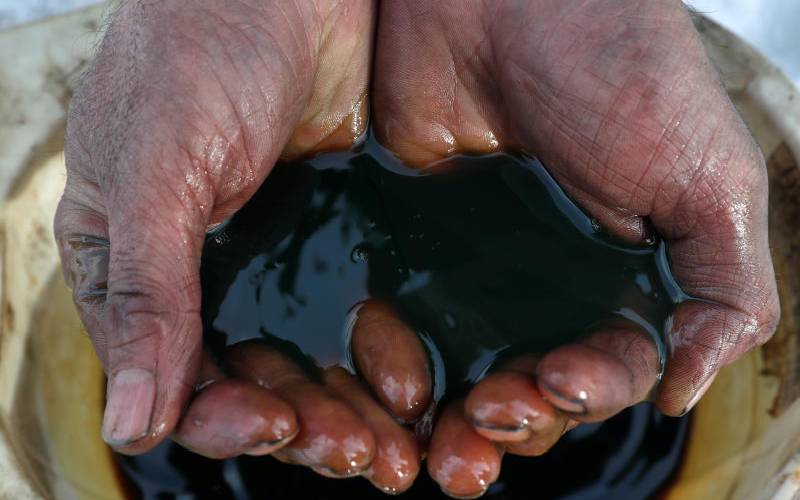×
The Standard e-Paper
Kenya’s Boldest Voice

By deciding to leave production unchanged for another month at its meeting on Thursday, Opec+ risks causing the oil market to overheat and creating conditions for more instability in the future.
The expanded group of oil exporters defied the expectations of a majority of analysts and traders that it would respond to escalating prices and an intensifying backwardation in the futures market by raising output.







